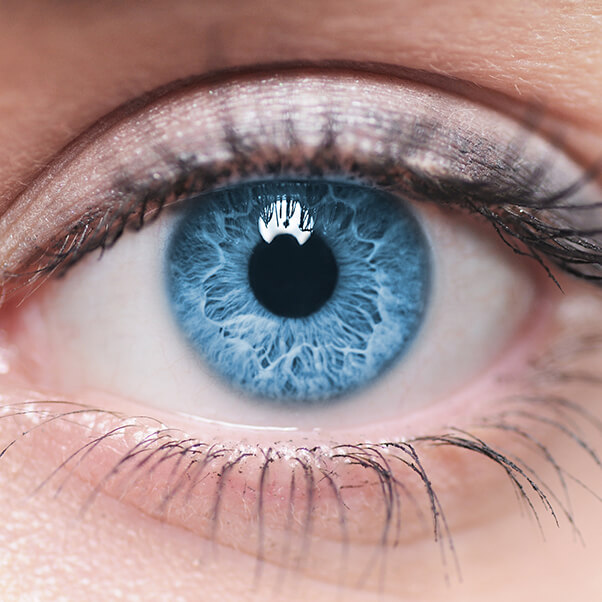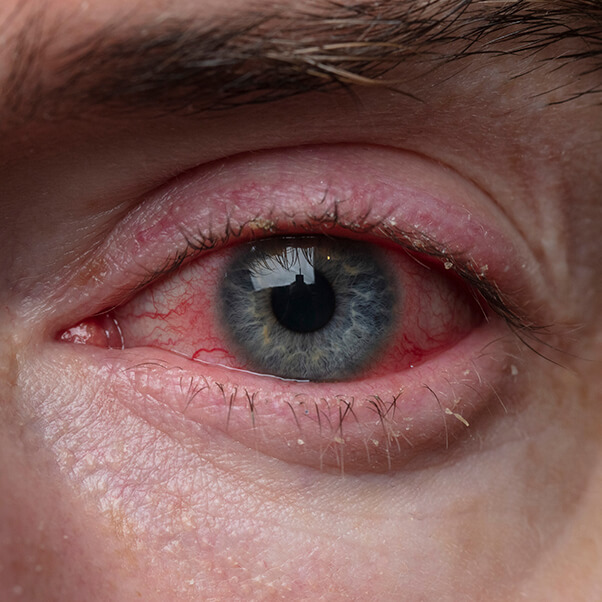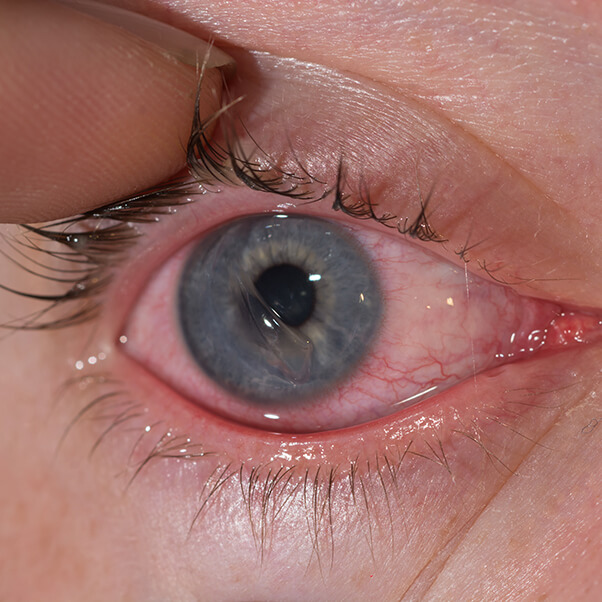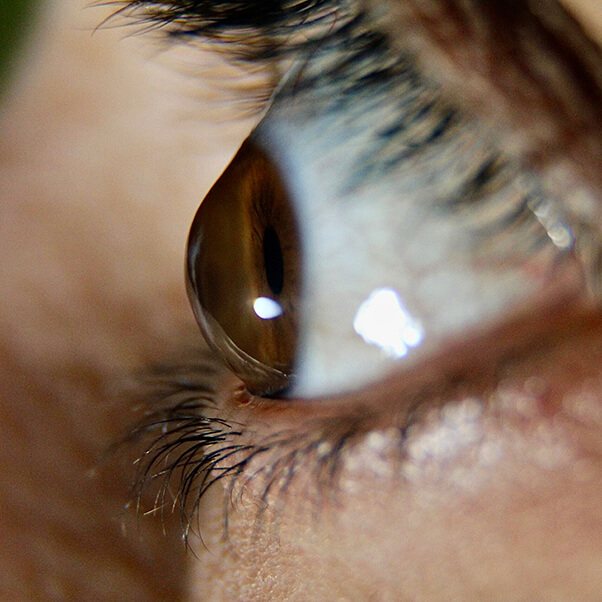
What is the Cornea?
Be Eye Wise and understand what the cornea is. The cornea is a transparent dome-shaped layer at the very front of the eye. It covers the pupil and the colored iris. Usually, there is a balance between the fluid moving into the cornea and fluid pumping out of the cornea.
What is the Function of the Cornea within the Eye?
- It focuses light on the eye’s lens. The lens refocuses that light onto the retina, which starts the process of changing light into vision.
- The cornea also filters damaging UV light from the sun.
- This outer layer of tissue shields the eye from germs and bacteria.
What Are Some Common Cornea Problems that Northwest Eye Can Treat?
Your eye specialists at Northwest Eye have experience in caring for many corneal diseases and conditions, including:
- Conjunctivitis
- Corneal Abrasion
- Corneal Ectasia
- Dry Eye
- Fuch’s Dystrophy
- Keratoconus

What is Conjunctivitis?
Conjunctivitis is a common eye condition that affects millions of people each year. Many people refer to it as “pink eye” because the inflammation makes blood vessels more visible and gives the eye a reddish appearance.
Some forms of conjunctivitis can be highly contagious and can recur or infect others without proper infection control practices.
Conjunctivitis can be caused by:
- Bacterial or viral infections
- Allergies
- Exposure to strong cleaning and chemical fumes

What is a Corneal Abrasion?
A corneal abrasion is a scratch or scrape on the surface of the cornea.

What is Keratoconus?
Keratoconus is a progressive condition in which the cornea gradually thins and develops an abnormal curvature resembling a cone. The primary symptoms are blurry or double vision, difficulty with distance vision, and light sensitivity.
Keratoconus usually affects both eyes. It can cause permanent vision damage if left untreated.
What is Corneal Cross-Linking?
Corneal Cross-Linking is an in-office procedure that Dr. John Berestka performs at Northwest Eye to treat both keratoconus and post-LASIK corneal ectasia. It increases the rigidness of the cornea’s surface by inducing additional cross-links between collagen fibers.
Because numbing eye drops are used, it is painless and only takes about an hour. The surgeon gently removes the cornea’s epithelial layer and then applies riboflavin (B2) eye drops to the surface of the eye.
Controlled ultraviolet light is then used to treat the eye. After the treatment, your eye doctor will apply a special contact lens called a bandage contact to protect the eye and prescribe antibiotic and anti-inflammatory eye drops.
Corneal Cross-Linking aims to stop the cornea from getting thinner, weaker, and more irregular in shape. It is highly effective in slowing disease progression and stabilizing existing vision.
However, it is crucial to understand that this treatment is not a cure. Corneal Cross-Linking cannot make your cornea a normal shape again.
Put your trust in our Northwest Eye ophthalmologists, who have the experience and skills to treat your corneal disease or condition. Our corneal specialists are experts in modern partial thickness transplants such as DMEK and DSEK. Be Eye Wise and call for an appointment today.







